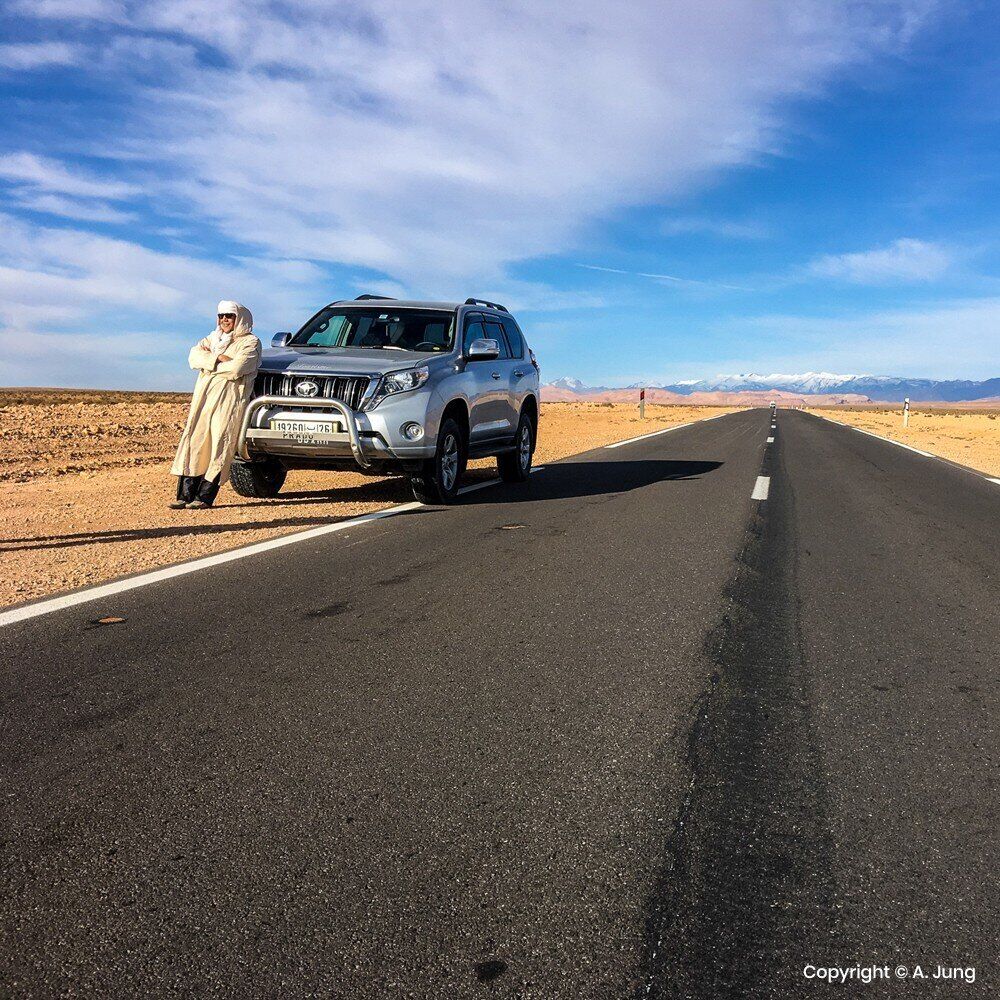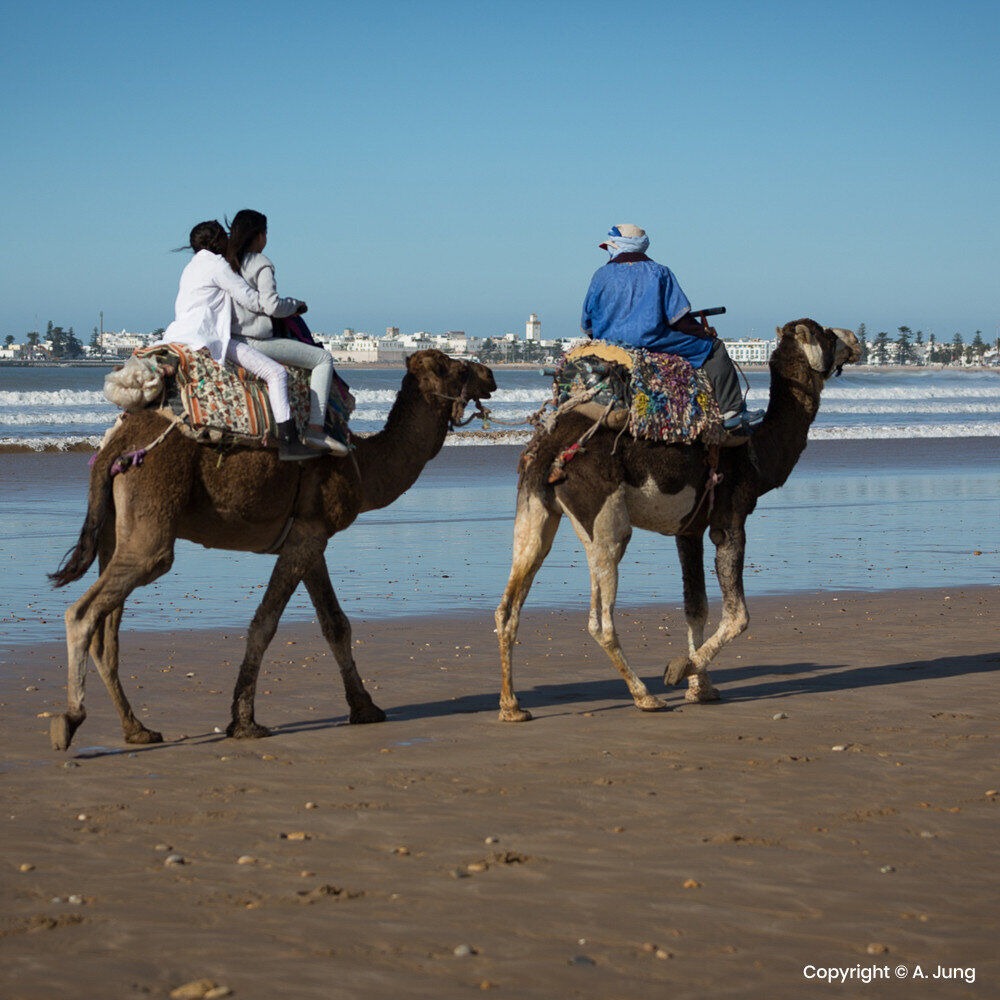Frequently Asked Questions
Frequently Asked Questions, Welcome to our frequently asked questions page. Here you’ll find loads of useful info to help get you prepared for travel
We must receive a confirmation via e-mail. Cancelation is possible within the following conditions:
Periodes
- 2 Months or more before you’re the start date of your tour: 100 % refundable.
- 2 weeks: 50% refunds.
- 1 week or less: not refundable.
Frequently Asked Questions

We are fully flexible in making any changes on your private tour according to your travel requirements/type of accommodations. So However contact us for changes made within 2 weeks at least before starting your tour with us.
Travel insurance is required in your travels to Morocco to be used because of an Emergency.
So you can buy it and bring a copy of the document, as the travel insurance must cover trip cancellation, for an accident can happen or any emergency situations.
No vaccinations are required for traveling to Morocco. The tap water in the cities is safe to drink, but mineral water is recommended.
Morocco is a predominantly Muslim country with a unique blend of traditional and modern influences. While there is no strict dress code for women, it is advisable to dress modestly, especially in more conservative areas and religious sites. Here are some general guidelines for women’s clothing in Morocco:
Modesty:
Wear clothing that covers your shoulders, cleavage, and knees. Loose-fitting, long-sleeved tops and long skirts or pants are a good choice. This is particularly important in more conservative areas.
Avoid Tight Clothing:
While wearing extremely loose clothing is unnecessary, avoiding tight-fitting or revealing outfits is best to respect local customs.
Layers:
Consider wearing layers to adjust your clothing in cooler months based on the temperature and the situation.
Headscarf (optional):
Women may wear a headscarf in some areas, especially when visiting religious sites. However, it’s not mandatory for tourists.
Swimwear:
While wearing swimwear at beaches and pools is acceptable, it’s advisable to cover up with a cover-up or a beach dress when not in the water.
Urban Areas vs. Rural Areas:
In big cities like Marrakech or Casablanca, people generally have a more liberal approach to clothing. However, rural areas and smaller towns appreciate a more conservative dress style.
It’s important to note that these are general guidelines, and the level of conservatism can vary based on the region and the community. Observing the local women’s dress and following suit is always a good idea. Additionally, if you plan to visit religious sites, it’s respectful to cover your shoulders and knees, and in some cases, you may be required to cover your hair.
Morocco has one of the lowest crime rates in the world and, Like in the US and Europe, is considered a very safe destination.
Moroccan people
the locals are known for their hospitality and they will make you feel very welcome with more information on the topic contact us and we’ll provide you with some personal single-traveler experiences.
Warning: We Kindly Recommend that the Following Travellers Reconsider our Camel Trekking Experience:

IMPORTANT TO KNOW
- If you are 70 years of age/older
- If you are a pregnant woman
- If you have recently undergone surgery, or have any physical illness/conditions
